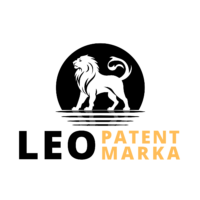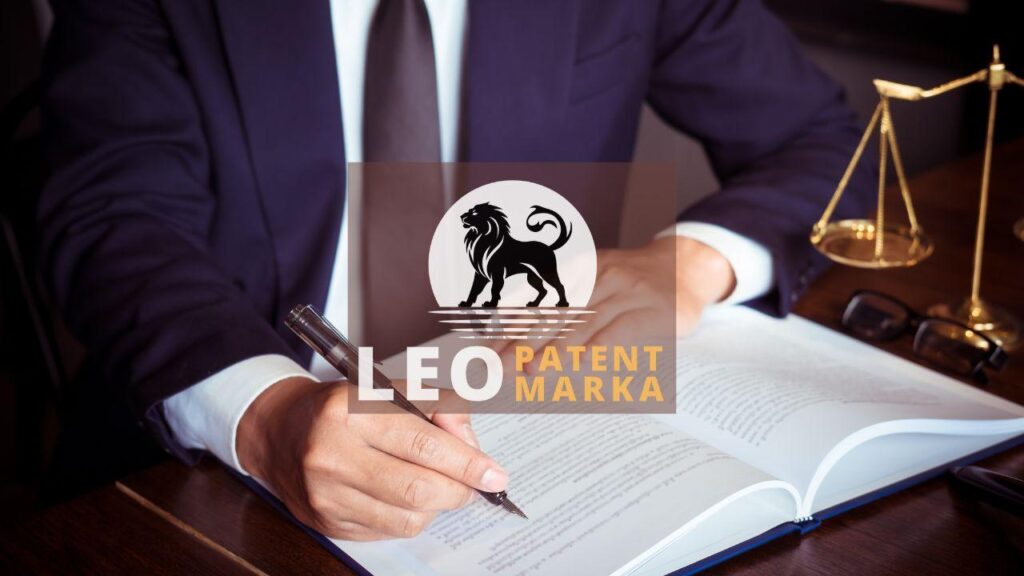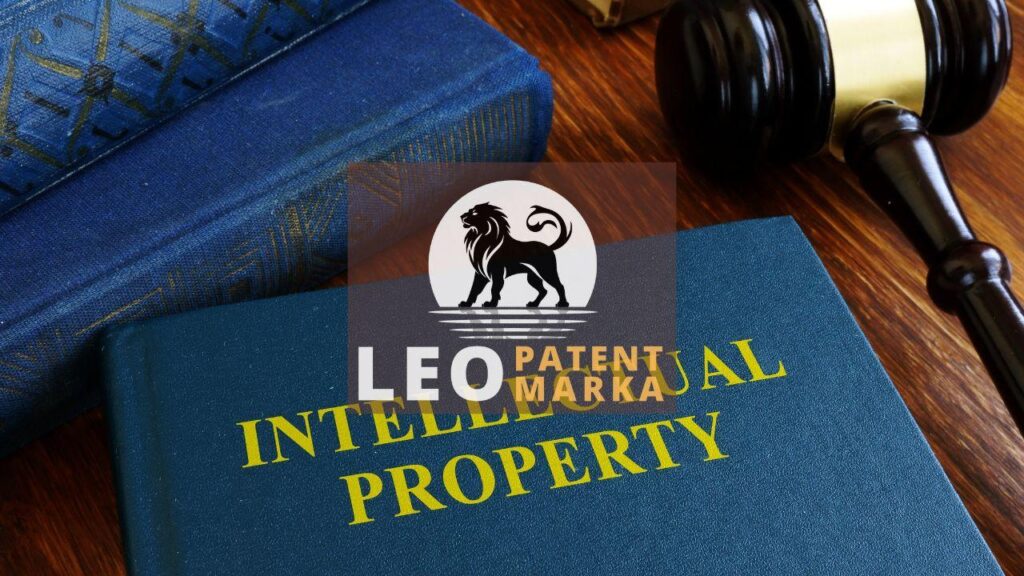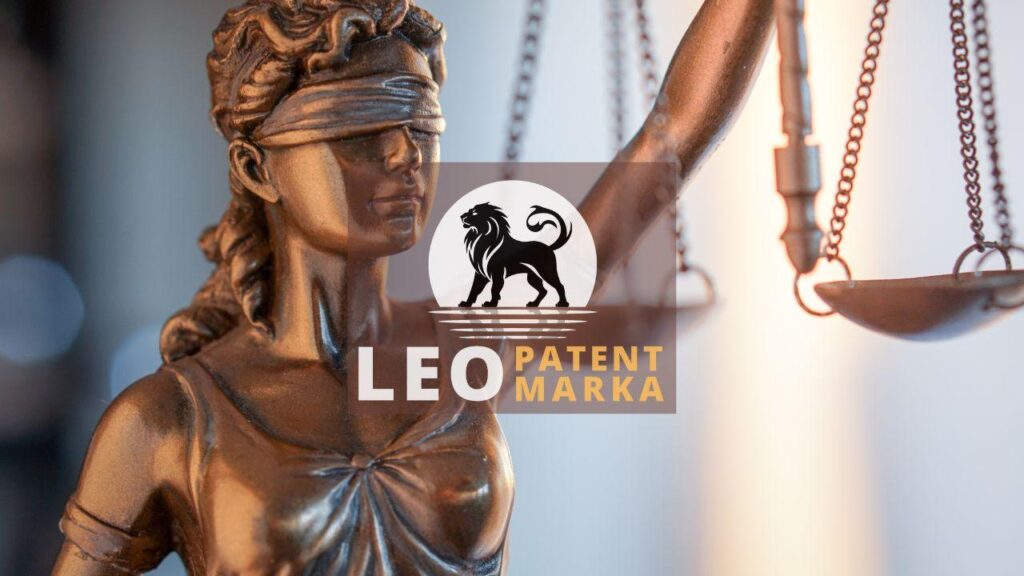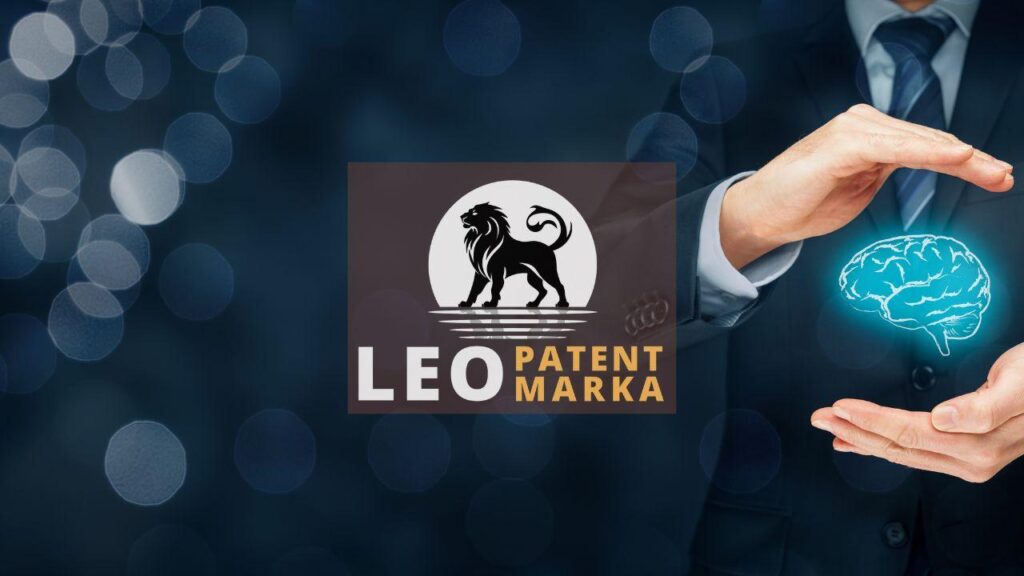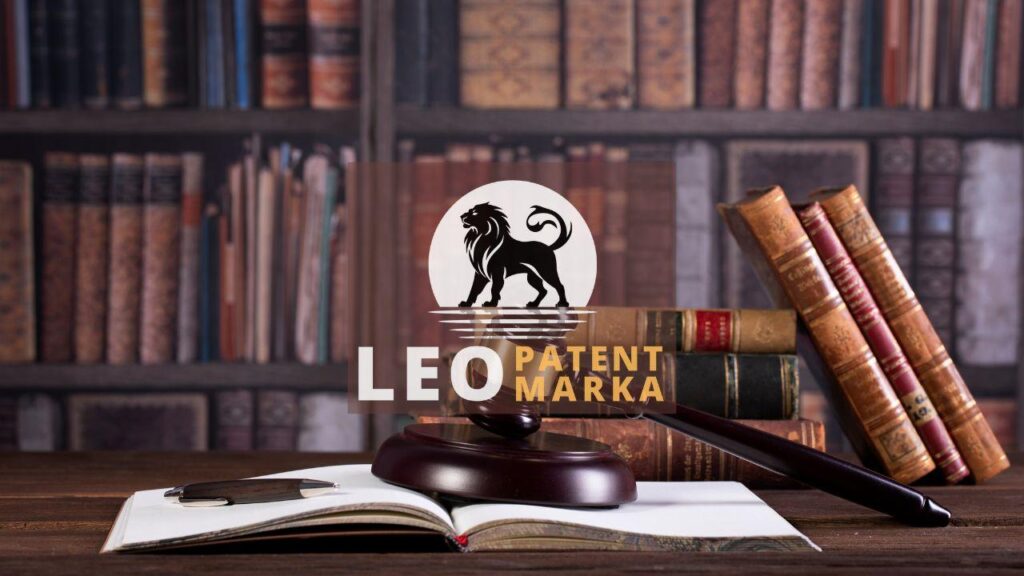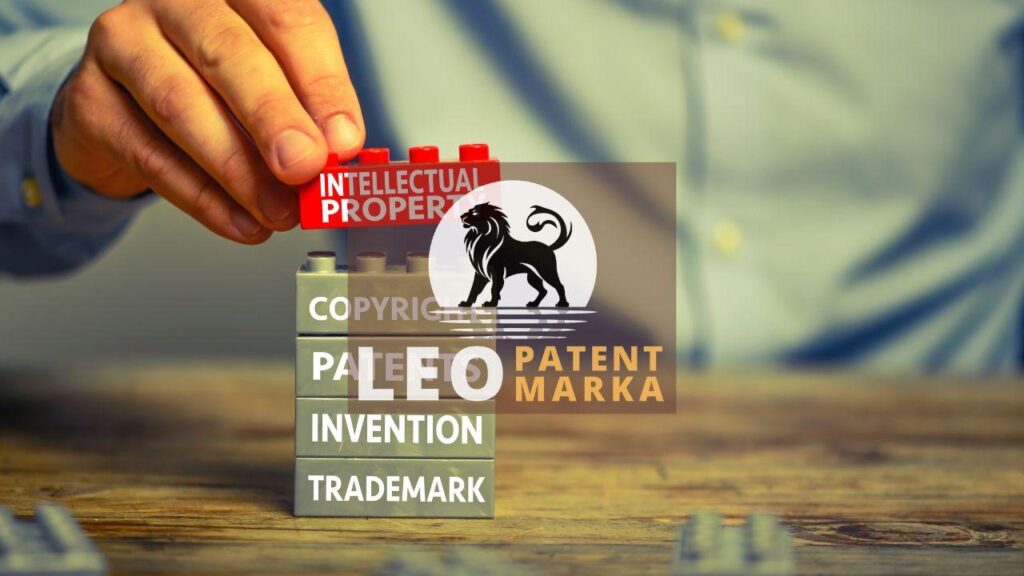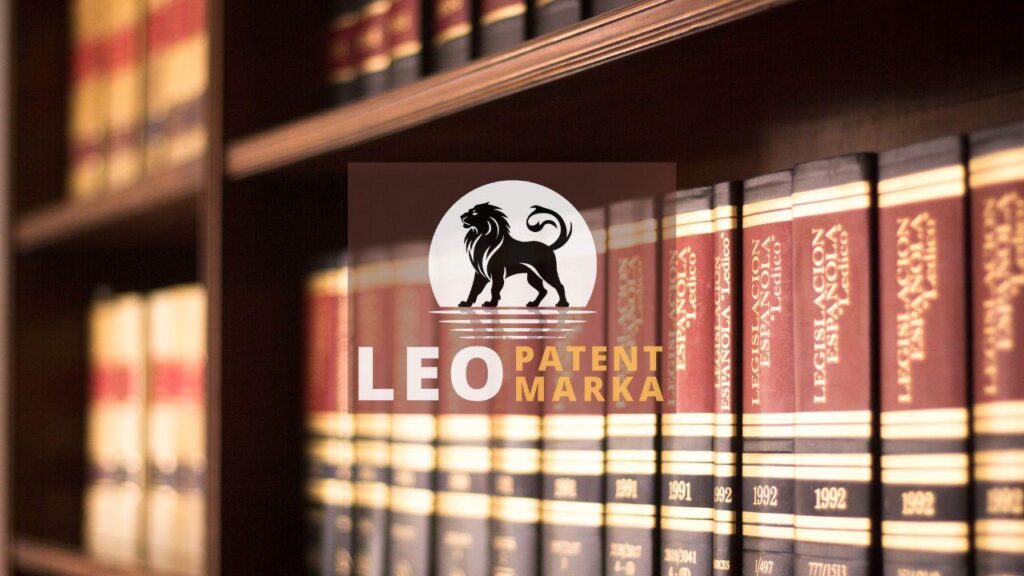In the dynamic realm of intellectual property rights, ensuring the continuation and enforcement of your patents is paramount for safeguarding your innovations. At Leo Patent, we understand the complexities and nuances that come with patent re-registration procedures in Turkey. Our proficient team is dedicated to guiding you through the intricate process, ensuring the smooth transfer and continuity of your patent rights. Whether you are dealing with a change in ownership, a need for territorial extension, or simply aiming to fortify your existing legal protections, we are here to facilitate and expedite the re-registration process efficiently. With our comprehensive expertise, Leo Patent is your trusted partner in maintaining the vitality of your intellectual property in Turkey.
Understanding the Turkish Patent Law Framework
Navigating the Turkish patent law framework can be challenging due to its multifaceted regulations and stringent requirements. The primary legal instrument governing patents in Turkey is the Industrial Property Law No. 6769, which aligns with international standards, including the European Patent Convention (EPC) and the Patent Cooperation Treaty (PCT). This legislation outlines crucial aspects such as patentability criteria, application procedures, and the scope of patent rights, making it imperative for both local and international stakeholders to have a thorough understanding of these provisions. At Leo Patent, we leverage our familiarity with the Turkish patent landscape to provide you with precise, effective guidance, ensuring that your innovations are well-protected under Turkish law.
Moreover, the re-registration of patents in Turkey, necessitated by events like ownership transfers or regional expansions, demands strict adherence to procedural specifics stipulated by the Turkish Patent and Trademark Office (TÜRKPATENT). This process often involves the submission of comprehensive documentation and accurate translation of pertinent materials into Turkish. Any discrepancies or lapses can lead to delays or even rejection of the re-registration request. At Leo Patent, we not only assist in the accurate compilation and submission of necessary documents but also offer expert advice to preempt any potential roadblocks. Our goal is to streamline the entire re-registration process, thereby ensuring that your patent rights remain robustly protected within Turkish jurisdiction.
Understanding the nuances of Turkish patent law is not just about compliance but leveraging the system to your advantage. At Leo Patent, we pride ourselves on staying ahead of legal developments, ensuring our clients are informed of any changes that might affect their intellectual property rights. Whether it’s understanding the intricacies of patent re-validation or navigating the appeals process in case of disputes, our team provides a strategic approach tailored to your specific needs. We aim to simplify the complexities, offering you clarity and confidence in managing your patents. Partner with Leo Patent to secure, maintain, and maximize the value of your intellectual property in Turkey, fortifying your innovations against infringement and ensuring their continued success.
Documentation and Requirements for Patent Re-registration
When undertaking the patent re-registration process in Turkey, the foremost step is to ensure that all required documentation is meticulously prepared and submitted. Essential documents include a formal request for re-registration, copies of the original patent certificates, proof of payment for re-registration fees, and any legal documents evidencing changes in ownership or applicant details. Additional documentation may be required depending on the specific nature of the patent and the re-registration circumstances. At Leo Patent, we provide precise guidance on the compilation of these documents and ensure that each submission meets the stringent requirements set by Turkish intellectual property law, facilitating a seamless and error-free re-registration process.
Equally important is adhering to the prescribed timelines for the re-registration process. Missing deadlines can result in the lapse of patent rights, making it imperative to initiate and complete re-registration within the legally stipulated periods. In Turkey, the process may vary depending on whether the patent in question is a national patent or a European patent validated in Turkey. At Leo Patent, we closely monitor all critical dates and ensure timely submissions, thereby preventing any lapse in legal protection. Our proactive approach includes detailed planning and continuous follow-ups, guaranteeing that the integrity and enforceability of your patent rights remain intact throughout the re-registration process.
Moreover, navigating the complexities of patent re-registration often requires specialized knowledge of Turkish intellectual property law and its practical applications. At Leo Patent, our team of experts is adept at identifying potential challenges and providing tailored solutions to address them. Whether clarifying ambiguous regulatory requirements or handling unique issues such as cross-border patent rights, we employ a strategic approach to ensure your re-registration process is both efficient and effective. Our commitment to personalized service means that we take the time to understand your specific needs and circumstances, offering customized advice and support that goes beyond simple procedural compliance. With Leo Patent, you gain not just a service provider, but a dedicated partner deeply invested in the continued protection and success of your intellectual property.
Common Challenges and How to Overcome Them
Navigating patent re-registration in Turkey can present a variety of challenges, from administrative hurdles to intricate legal stipulations. Common issues include discrepancies in documentation, language barriers, and stringent compliance requirements that can delay or complicate the process. At Leo Patent, we recognize these obstacles and are adept at preempting and resolving them efficiently. Our expertise mitigates risks associated with incomplete filings, time-sensitive procedures, and compliance with Turkish patent law. By working closely with our clients, we ensure that all necessary documents are meticulously prepared and submitted, language differences are managed with precision, and legal requirements are thoroughly met, paving the way for a seamless re-registration experience.
One common challenge during patent re-registration is handling the transition of ownership rights, which can become particularly cumbersome when multiple stakeholders or international entities are involved. Successfully navigating these transitions requires not only a thorough understanding of Turkish intellectual property laws but also careful coordination among all parties to ensure seamless transfer and recognition of ownership rights. At Leo Patent, our team excels in managing these intricate transitions by providing detailed guidance and maintaining clear communication with all involved parties. We ensure that ownership transitions are duly documented and meet all regulatory standards, thereby preventing potential legal disputes and ensuring the steadfast protection of your intellectual property.
Another significant challenge is the adherence to the timelines and renewal deadlines mandated by Turkish patent law. Missing these critical deadlines can lead to the forfeiture of patent rights, which can have severe consequences for your business. At Leo Patent, we implement robust monitoring systems to keep track of all relevant dates and ensure timely filings. Our proactive approach includes sending regular reminders and updates to our clients, enabling them to stay ahead of all compliance requirements. By leveraging our strategic management tools and in-depth legal knowledge, we help you avoid costly lapses and maintain the uninterrupted protection of your innovations.
Disclaimer: This article is for general information purposes only and it is recommended that you consult experts and companies in that field to evaluate your specific situation. We are not responsible for any damage that may arise from the use of the information in this article.
